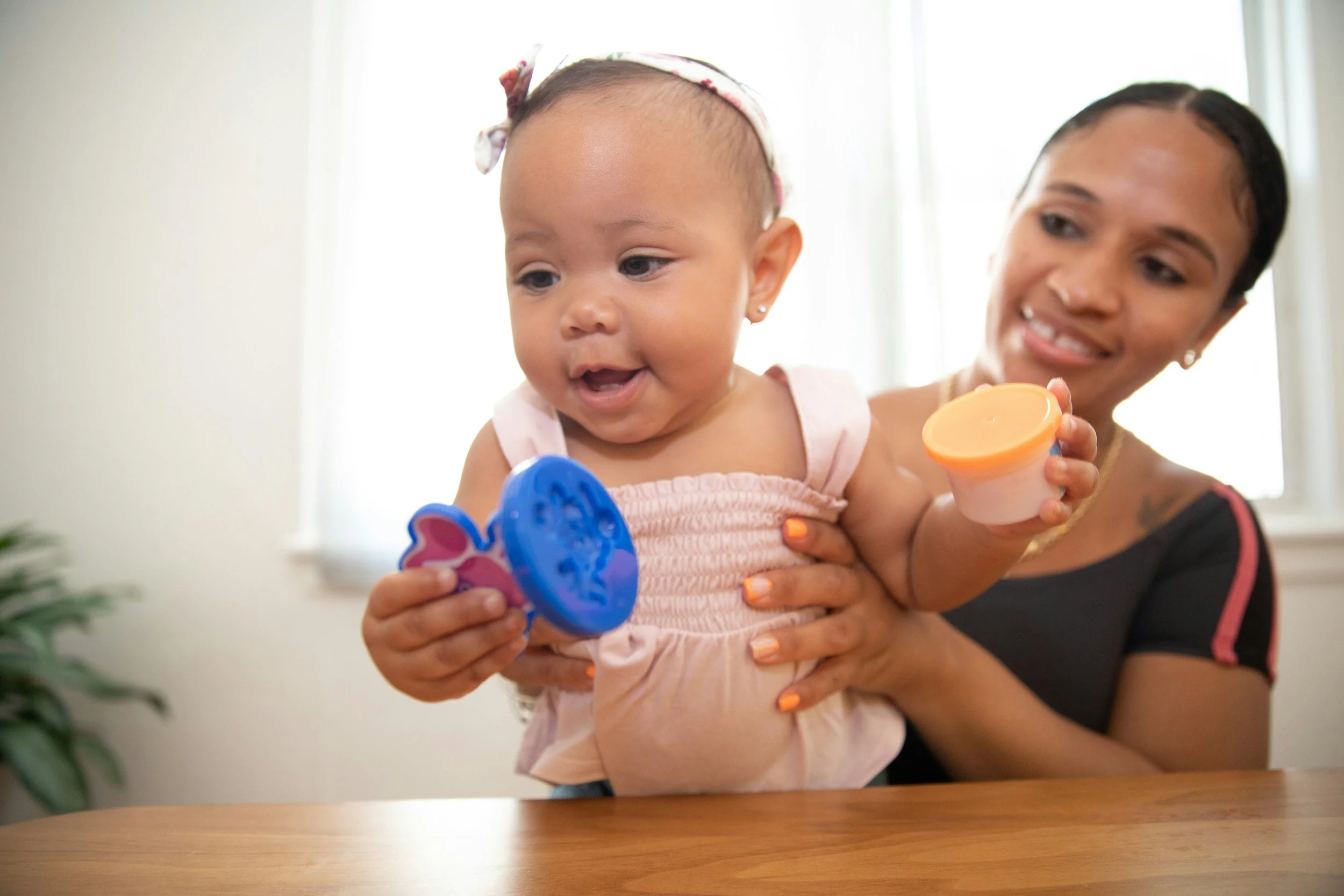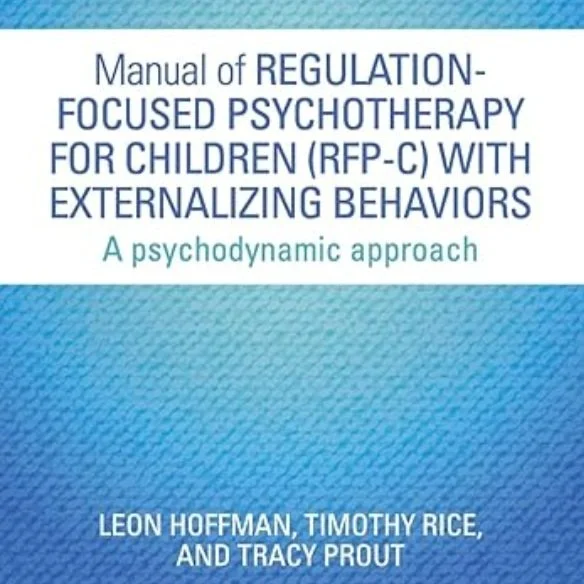How Child-Led Play Therapy Helps Kids with Disruptive Behaviors
As a child psychologist specializing in behavioral issues, I've seen firsthand the transformative power of play. While it may look like "just fun" to the casual observer, play is actually a crucial tool in helping children with behavioral problems. Child-led play therapy, in particular, offers a unique and effective approach to addressing these issues. In this article, we'll explore how this seemingly simple act of play can lead to profound changes in children's behavior and emotional regulation.
The Importance of Play in Child Development
Play is more than just a pastime for children – it's their primary mode of learning and self-expression. Through play, children develop cognitive skills as they problem-solve and explore cause-and-effect relationships. They hone their social skills by negotiating roles and rules with peers. Perhaps most importantly, play allows children to process and express emotions in a safe, symbolic way.
Consider a child who's struggling with the arrival of a new sibling. In their play, you might see them nurturing a baby doll one moment and throwing it aside the next. This isn't just random behavior – it's the child working through complex feelings of love, jealousy, and frustration. Play gives them a "language" to express emotions that they may not yet have the words to describe.
Child-Led Play Therapy: A Window into the Child's World
Child-led play therapy takes this natural process and brings it into a therapeutic context. Unlike more directive forms of therapy, child-led play therapy allows the child to take the lead. The therapist creates a safe, accepting environment filled with carefully chosen toys and materials. Then, they follow the child's lead, observing and participating in the play as invited.
This approach stands in contrast to more directive therapies where the therapist might structure activities or guide the child towards specific goals. In child-led play therapy, we trust that children will naturally gravitate toward the play themes they need to explore.
As a therapist in this setting, my role is multi-faceted. I'm an attentive observer, noting the themes and patterns in the child's play. I'm a supportive presence, creating a safe space for the child to express themselves fully. And I'm a gentle interpreter, helping to make sense of the play's deeper meanings – both for the child and for their parents.
By allowing children to lead the play, we gain invaluable insights into their inner world. A child who repeatedly builds and destroys block towers might be working through feelings of powerlessness. A child who always chooses to play the "bad guy" in pretend scenarios might be grappling with guilt or shame. These play choices provide clues about the child's emotional struggles – clues that might not be apparent in their everyday behavior.
In my next sections, I'll delve into how we use these insights in Regulation-Focused Psychotherapy for Children (RFP-C) to address behavioral issues, and I'll share a case example that illustrates the power of this approach.
RFP-C: A Psychodynamic Approach to Play Therapy
I use a specific form of play therapy called Regulation Focused Psychotherapy for Children (RFP-C). This approach combines the insights of psychodynamic theory with the natural therapeutic power of play.
RFP-C is built on the understanding that many behavioral issues in children are actually attempts to regulate overwhelming emotions. When children don't have the skills to manage feelings like anger, fear, or sadness, they may act out in disruptive ways. These behaviors serve as defenses against the painful emotions they can't process.
In RFP-C sessions, we use child-led play as our primary tool. As the child plays, we observe not just what they're doing, but how they're doing it. Are there sudden shifts in play themes? Does the child avoid certain toys or scenarios? These patterns can help us understand the ways in which the child is automatically protecting themselves from potentially painful emotions.
For example, a child might be happily playing with dolls, but when asked about the doll's feelings, they abruptly switch to a noisy toy car. This shift could be a defense against exploring emotions that feel threatening. In RFP-C, we gently point out these patterns, helping the child become more aware of their emotions and defenses over time.
On top of practicing RFP-C, I have co-authored the book on it and have conducted numerous studies on RFP-C including a randomized controlled trial.
Likewise, one of our Director of Testing and Assessments, Tatianna Kufferath-Lin, is very involved with RFP-C and has written extensively about this in peer-reviewed publications.
We also both teach and train professionals in this modality and Tatianna serves on the board of the organization for RFP-C, while I am the director of research there.
How Play Therapy Addresses Behavioral Issues
So, how does this play-based approach actually help with behavioral problems? There are several key mechanisms at work:
1. Safe Expression of Emotions
Play provides a safe, symbolic way for children to express feelings they might not be able to verbalize. A child who's struggling with aggression might act out battles between action figures, allowing them to explore these feelings without real-world consequences.
2. Identifying and Interpreting Defenses
As therapists, we help children recognize their defensive patterns. We might say something like, "I noticed when we started talking about sad feelings, you wanted to play a loud game instead. I wonder if those sad feelings are hard to talk about?" This gentle interpretation helps children become more aware of their emotional processes.
3. Building Implicit Emotion Regulation Skills
Through repeated experiences of expressing and processing emotions in play, children develop better emotional regulation skills. This happens not through explicit instruction, but through the implicit learning that occurs in the play process.
4. Strengthening the Therapeutic Relationship
The accepting, non-judgmental nature of child-led play therapy helps build a strong therapeutic alliance. This relationship itself becomes a tool for healing, providing the child with a safe base from which to explore difficult emotions.
5. Enhancing Self-Understanding
As children play out their inner conflicts and receive empathetic feedback, they develop a better understanding of themselves and their emotions. This self-awareness is crucial for long-term behavioral change.
In RFP-C, we see behavioral issues not as problems to be eliminated, but as communications to be understood. By helping children express and process their emotions through play, we often see a natural reduction in disruptive behaviors. The child who was acting out aggressively might start to verbalize their anger instead. The child who was constantly seeking attention through negative behaviors might learn to express their needs more directly.
The Benefits of Child-Led Play Therapy
There are a number of key benefits we often see in child-led play therapy:
Improved Emotion Regulation
Through play, children learn to identify, express, and manage their emotions more effectively. This can allow children to move from avoiding difficult feelings to being able to discuss them openly.
Decreased Disruptive Behaviors
As children develop better emotional regulation skills, we often see a corresponding decrease in acting out behaviors. An improved ability to listen and follow instructions at home and school is a common outcome.
Enhanced Self-Expression and Communication Skills
Play therapy provides children with new tools for expressing themselves. A child’s use of drawing to communicate their emotions can be a great example of this.
Strengthened Therapeutic Alliance
The non-judgmental, child-led nature of play therapy helps build a strong, trusting relationship between the child and therapist as well as with family and friends. This relationship becomes a safe base from which the child can explore difficult emotions.
Development of Coping Skills
Play naturally allows children to experiment with different ways of handling situations. These skills often generalize to real-life scenarios.
Improved Social Skills
Many children translate the relational skills they develop in play therapy to their interactions with peers and family members. The goal of all child therapies is to improve children’s ability to build strong and meaningful relationships with family members and friends. Children who develop more effective ways of managing painful and difficult emotions are also able to nurture stronger relationships with the important people in their lives.
The beauty of child-led play therapy is that these benefits often extend beyond the presenting behavioral issues. Children typically leave therapy with a stronger sense of self, improved emotional intelligence, and better equipped to handle future challenges.
Adapting Play Therapy to Different Settings
While traditionally conducted in person, play therapy has proven to be remarkably adaptable to various settings and circumstances. This flexibility became particularly evident during the COVID-19 pandemic, which necessitated a rapid shift to online therapy.
Traditional In-Person Settings: In a typical play therapy room, we have a wide array of toys and materials available - from dolls and puppets to art supplies and building blocks. This variety allows children to choose the medium that best suits their expressive needs. The physical space itself becomes a contained, safe environment for exploration and growth.
Online/Teletherapy Adaptations: When the pandemic hit, many of us had to quickly adapt our practices to online platforms. Surprisingly, we found that play therapy could be effectively conducted online. While different from in-person play, these adaptations still allowed for meaningful therapeutic work. Some benefits of online play therapy include:
Increased accessibility for families who might struggle with transportation or scheduling
The opportunity for therapists to see the child in their home environment
Creative use of digital tools that appeal to tech-savvy children
School-Based Applications: Play therapy can also be effectively implemented in school settings. This approach offers several advantages:
Increased access to mental health services for children who might not otherwise receive them
The ability for therapists to collaborate directly with teachers and observe children in their school environment
Reduced stigma around receiving mental health support
In school-based play therapy, we might use a designated room within the school or adapt classroom spaces for therapeutic play. The key is maintaining the principles of child-led play while working within the constraints of the school environment.
Conclusion
As we've explored throughout this article, child-led play therapy is a powerful tool for helping children with behavioral issues. By harnessing the natural language of play, we can help children express and process their emotions, develop better regulation skills, and ultimately reduce disruptive behaviors.
The power of this approach lies in its respect for the child's innate capacity for growth and healing. Rather than imposing adult solutions, we create a space where children can work through their struggles in their own way and at their own pace. Whether conducted in a traditional therapy office, online, or in a school setting, the core principles remain the same: follow the child's lead, create a safe and accepting environment, and trust in the therapeutic power of play.
For parents and professionals working with children with behavioral issues, I encourage you to consider the role of play in your approach. Whether you seek out formal play therapy or simply incorporate more child-led play into your interactions, you may be surprised at the insights and growth that emerge.
Remember, behind every disruptive behavior is a child trying to communicate a need or manage an overwhelming emotion. By entering their world through play, we can help them find better ways to express themselves and navigate their emotional landscape. In doing so, we not only address the immediate behavioral concerns but also equip children with vital skills for lifelong emotional health and resilience.
At IMPACT, we are committed to facilitating these therapeutic journeys by providing a nurturing environment and expert guidance, ensuring every child receives the individualized support they need to thrive.
At IMPACT, we are committed to supporting your mental health and well-being. Our experienced team of professionals are here to help you navigate life's challenges and achieve your goals. If you found this blog helpful and are interested in learning more about how we can assist you on your journey, please don't hesitate to reach out. Take the first step towards a healthier, happier you. Contact us today to schedule a consultation.


